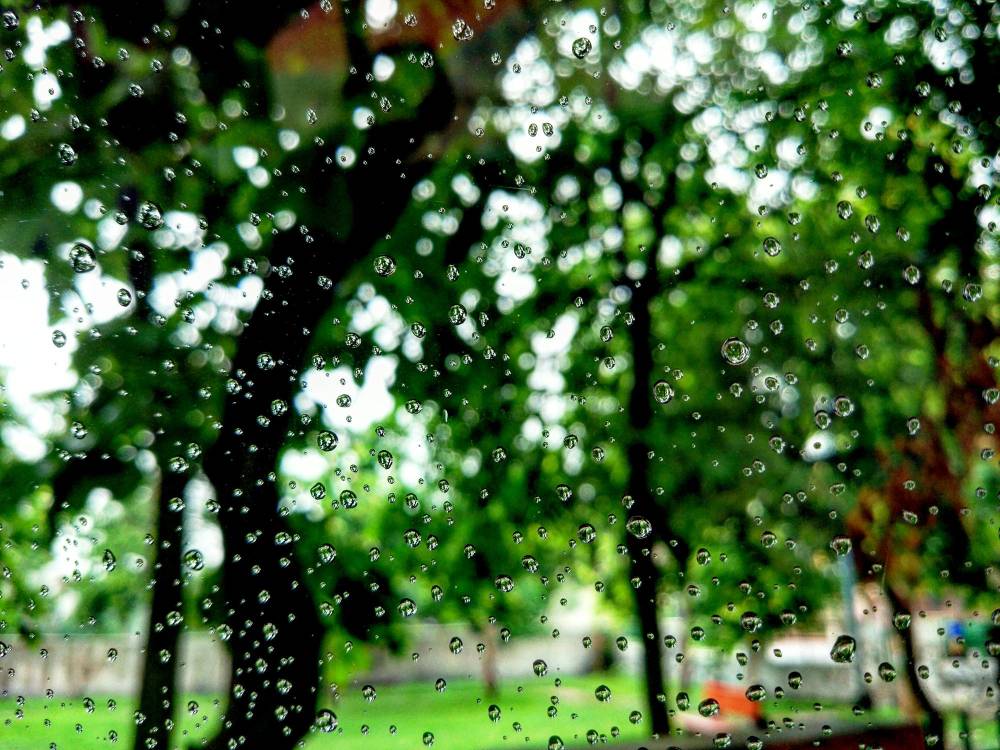Menu
"WE NOT ONLY PUMP YOUR TANK - WE CLEAN IT!"
WE NOT ONLY PUMP YOUR TANK - WE CLEAN IT! Free Septic System Inspection ($99 Value)
Free enzyme treatment - Financing Available
"WE NOT ONLY PUMP YOUR TANK - WE CLEAN IT!"
WE NOT ONLY PUMP YOUR TANK - WE CLEAN IT! Free Septic System Inspection ($99 Value)
Free enzyme treatment - Financing Available
Septic systems are incredibly reliable, capable of lasting several decades with the right care and maintenance. However, they are susceptible to a host of threats. Surprisingly, even the rainy season can affect the system.
 Sep 28, 2024
Sep 28, 2024
In this brief article brought to you by Septic Blue, we touch on 3 ways the rainy season can affect your septic system. If the damage is done and you need a reliable septic company, then consider the professionals at Septic Blue.
A septic system quietly supports…
When you think about septic…
If you're a homeowner, understanding…
If you own a property…
Septic Blue is an established business with uniformed septic specialists who can handle everything from a septic tank installation and maintenance to the eventual repairs and replacement.
One of the biggest threats to your septic system during the rainy season is a saturated drain field. The drain field is a central component of your septic system, responsible for filtering and absorbing wastewater into the soil after it leaves the septic tank. Under normal conditions, the soil in the drain field absorbs and treats the water effectively.
During periods of heavy rainfall, the soil in the drain field can become oversaturated. When this happens, the soil struggles to absorb additional wastewater from the septic tank, which can lead to a backlog in the system. This not only presents a potential health hazard but can also lead to the septic system failing altogether.
Another common problem during the rainy season is septic tank flooding. Heavy rains can cause water to enter the septic tank from around the system, leading to excessive water inside the tank. This extra water can disrupt the natural balance inside the septic tank, where solid waste needs time to break down before being pushed into the drain field.
When too much rainwater enters the tank, it can displace solid waste and move it into the drain field prematurely. Solid waste in the drain field is a serious issue because it can clog the soil and prevent the system from working effectively. Additionally, a flooded septic tank can cause raw sewage to back up into your home.
Heavy rain doesn’t just threaten your septic system by adding too much water to the ground; it can also lead to soil erosion which can damage the components of your septic system. Erosion occurs when rainwater washes away the topsoil, which can leave the drain pipes and distribution boxes in your drain field vulnerable.
Without enough soil, the system can't properly filter wastewater. This can lead to contamination of nearby water sources or complete system failure. Erosion can also cause the pipes to shift, crack, or break, further compromising the system.
Whether you need routine septic tank cleaning or an emergency septic tank repair, the uniformed septic specialists at Septic Blue are here to help. Call or message us today to get in touch with a member of our team and schedule an appointment.
We are also available to arrange emergency septic tank pumping at any time of the day. Our septic professionals are ready to take your call or message at any time of the day.